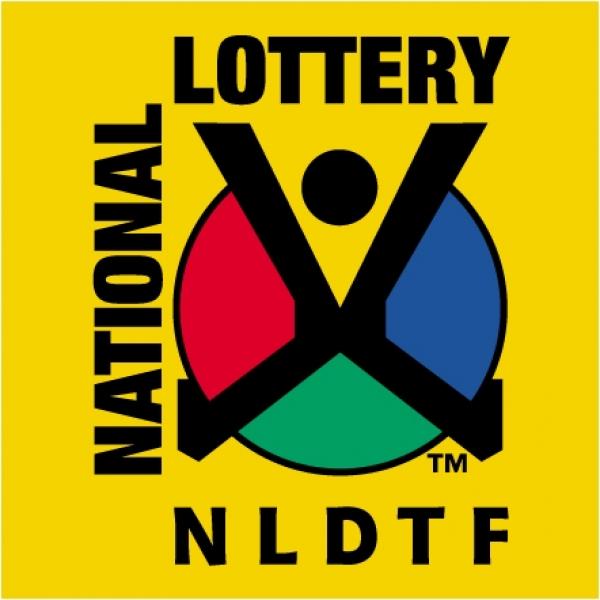

Image from National Lotteries Board of South Africa website.
7 August 2014
In its 15 years of existence, the National Lotteries’ Board (NLB) has disbursed more than R18 billion to good causes, according to Minister of Trade and Industry Rob Davies. However, the 2013 annual report indicates that while 5,455 applications were adjudicated in the year, 10,928 applications were still outstanding as of 31 March 2013. 7,500 of those are applications from charities.
“We still have applications from 2012 and 2013 that are pending and no idea when they’re going to be dealt with,” says Jane Keen, director of the South African Education and Environment Project. After taking the board to court in 2010 over a decision to refuse funding, Keen says that even though the court ruled in their favour and they were granted funding for a few years, the problems with the lottery have not gone away.
“It’s like a lottery itself; anything you get from the lottery is a bonus, you can’t only rely on them for funding,” says Keen.
In the most recent call for applications, the NLB received over 14,000 applications requesting more than R40 billion, says lottery spokesman Gladys Petje. “The large number of applications and the increasingly higher values of grants requested slows the turnaround time for the processing of applications.”
Jo Menell, director of Street Talk TV, found dealing with the NLB to be a grueling task. “In our case, we’re deeply grateful they came up with it [funding] in the end, but it was more than laborious, it was a bone-breakingly frustrating process,” says Menell.
Largely influenced by numerous complaints concerning the lengthy waiting periods for both decisions on grants as well as their distribution, which can take up to two years, the Lotteries Amendment Bill was signed into law by President Jacob Zuma last December.
According to Minister Davies, the Lotteries Amendment Act will go a long way in addressing the many challenges facing the board. “We want to continue to provide lotteries funds on criteria which meet important developmental national objectives which support charities that do good work amongst low income people,” stated Davies.
Rape Crisis director Kathleen Dey says that while they have been successful with every application to the board, they still find them very unpredictable. “They perhaps need more administrative staff, and could take advice from international funders that are getting it right.”
Director Mark Heywood of SECTION27 says, “If you have something like the lottery it creates expectations … they must employ enough people to be able to process the applications they receive timeously. That’s the bottom line, otherwise they should not exist.”
Once the new Act comes into effect, changes will include the full-time appointment of distributing agencies allowing for adjudications and communications of application outcomes to occur more frequently. Currently the distribution agencies operate on a part-time basis.
The Act aims to improve the accountability of Distributing Agencies to the NLB by establishing a National Lotteries Commission.
“There is no transparency … It’s very hard to find out how much money it has and where that money is going and it’s very hard to understand it’s decision making processes,” says Heywood.
Another difficulty is that many small and new NGOs have been excluded on account of complicated adjudication processes and high rejection rates. To address this, the NLB has made provision for such NGOs to apply for funding in partnership with more established NGOs, however they admit that this poses additional challenges.
Street Talk TV has submitted their report and reapplied for funding but have been told that it takes 90 days to assess applications. “You may be out of business before you get your next grant,” explains Menell.
The NLB has communicated that receiving a grant does not automatically guarantee future funding. It further stresses that that the board was set up to assist South African NGOs and not to ensure their existence.
Part of the problem are the many fraudulent applications. The board reported earlier in 2014 that it could have allocated nearly R300 million to fraudulent NPOs had they not verified the projects. Fraudulent financial statements, auditors’ reports, physical addresses and the misappropriation of funding for profit-making businesses were among some of the board’s findings.
The 2013 annual report shows that out of an available R2.4bn of lottery funds, only 1.6bn had been allocated to just under 3,000 beneficiaries across the Arts, Culture and National Heritage, Charities, Miscellaneous Purposes, and Sports and Recreation sectors.
The funds available to the NLB to distribute toward social upliftment come from a fixed percentage of the National lottery ticket sales. At present, 34% of lottery ticket sales are being transferred on a weekly basis into the National Lottery Distribution Trust Fund (NLDTF), Petje confirmed.